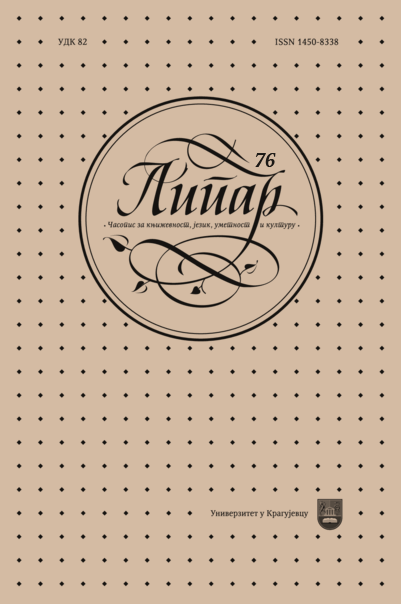TRAUMA AND TESTIMONY IN ATHOL FUGARD’S „PLAYLAND“
TRAUMA AND TESTIMONY IN ATHOL FUGARD’S „PLAYLAND“
Author(s): Lena Lj. TicaSubject(s): Language and Literature Studies, Studies of Literature, Other Language Literature, Theory of Literature
Published by: Универзитет у Крагујевцу
Keywords: trauma;testimony;witness;self and other;apartheid;memory;identity
Summary/Abstract: The plays of Athol Fugard, one of the most influential contemporary South African playwrights, focus on ex-centric and marginal characters who strive to establish meaningful identities in the midst of absurdity imposed by the apartheid. Despite the fact that the apartheid, as a type of colonialism, defined whites and blacks as superior Others (colonizers) and subordi- nate others (colonized), Fugard’s plays tend to show that this system ruins all of its participants irrespective of their skin color. This paper analyses Playland, in which the conflict between a white and a black person is particularly prominent, through the characters of Gideon le Roux, a former white soldier who comes to the amusement park wishing to forget the murders from the war, and Martinus Zoeloe, the Playland’s black night watchman, who is haunted by his own trauma related to the murder of a white man he committed in his youth. Relying on the theo- retical concepts of trauma studies defined by Felman, Laub, Caruth and LaCapra, we will try to show how the protagonists’ perceptions of the self are largely determined by these traumatic events. The aim of the paper is to show how the confrontation of Martinus and Gideon leads to mutual testimony, which, according to the theory of trauma, is the only way to externalize trauma and rebuild the traumatized self as a dialogic construction. In the act of testimony, both Martinus and Gideon move from the position of colonial O/other to the position of the other as a listener necessary to transform traumatized memories into a meaningful narrative. Despite the imposed happy ending, the oblivion that would bring the final healing of the protagonists is questionable, which alludes to the long-lasting consequences that the apartheid left in the years following its abolition.
Journal: Липар - часопис за књижевност, језик, уметност и културу
- Issue Year: XXII/2021
- Issue No: 76
- Page Range: 93-110
- Page Count: 18
- Language: English

